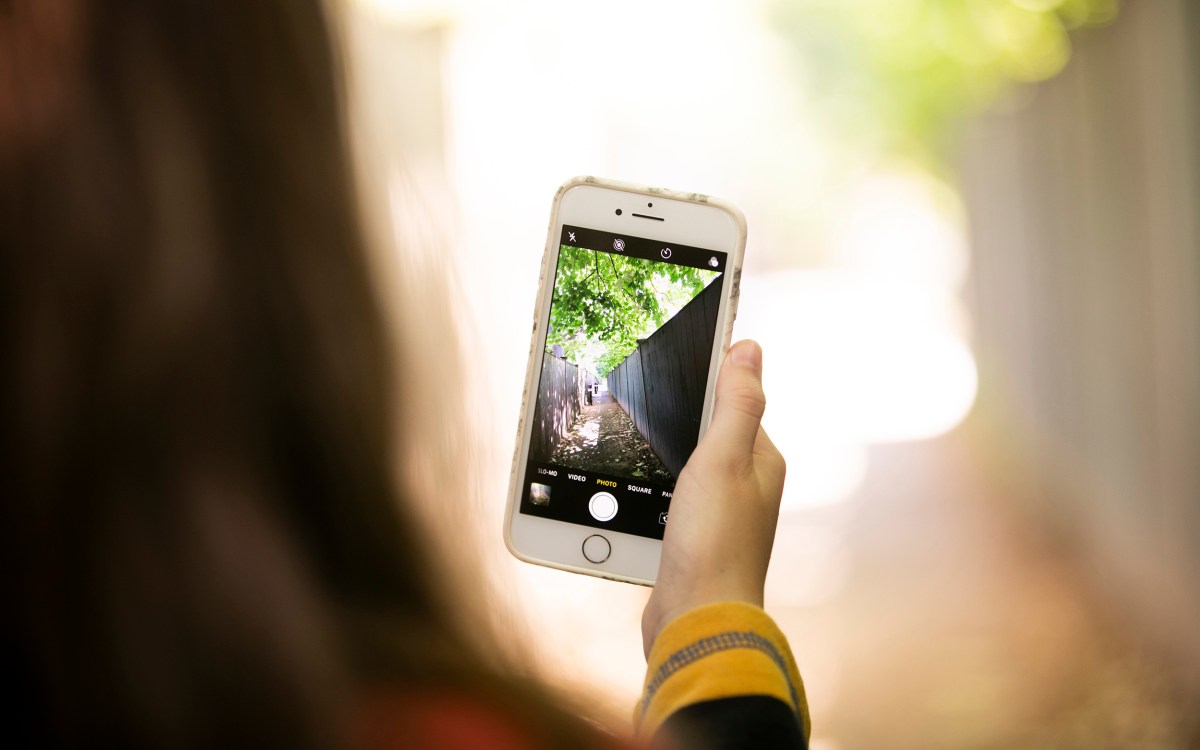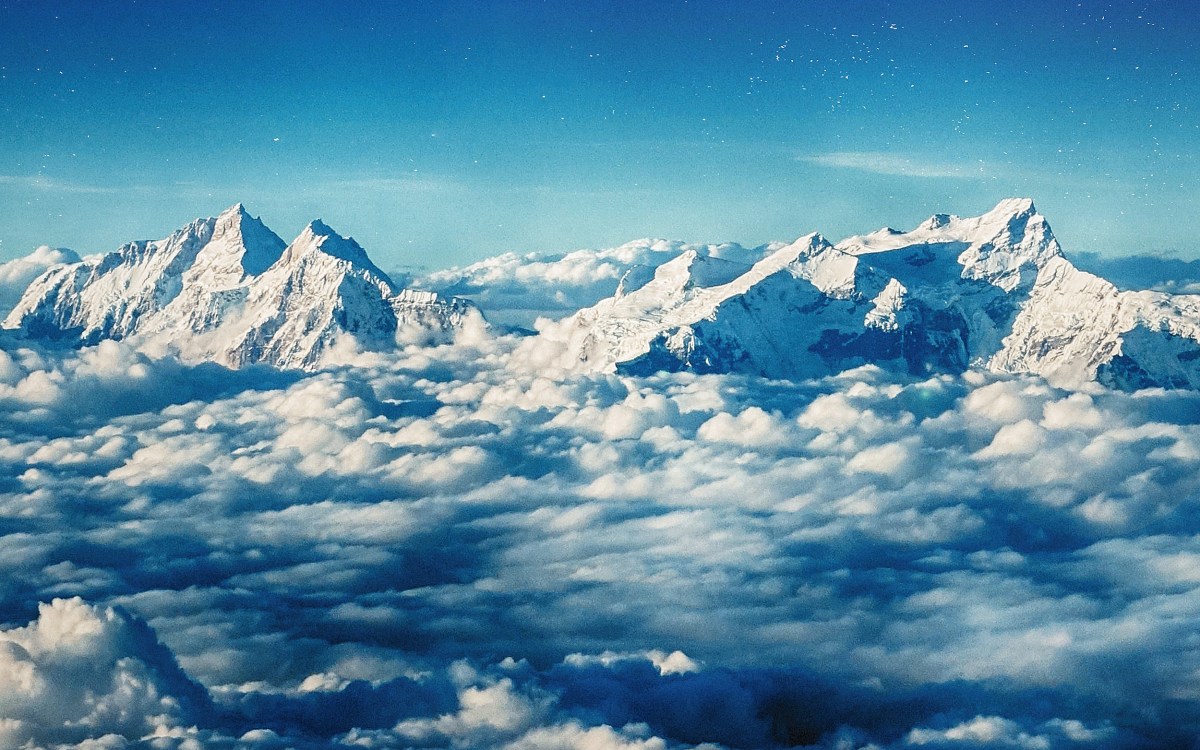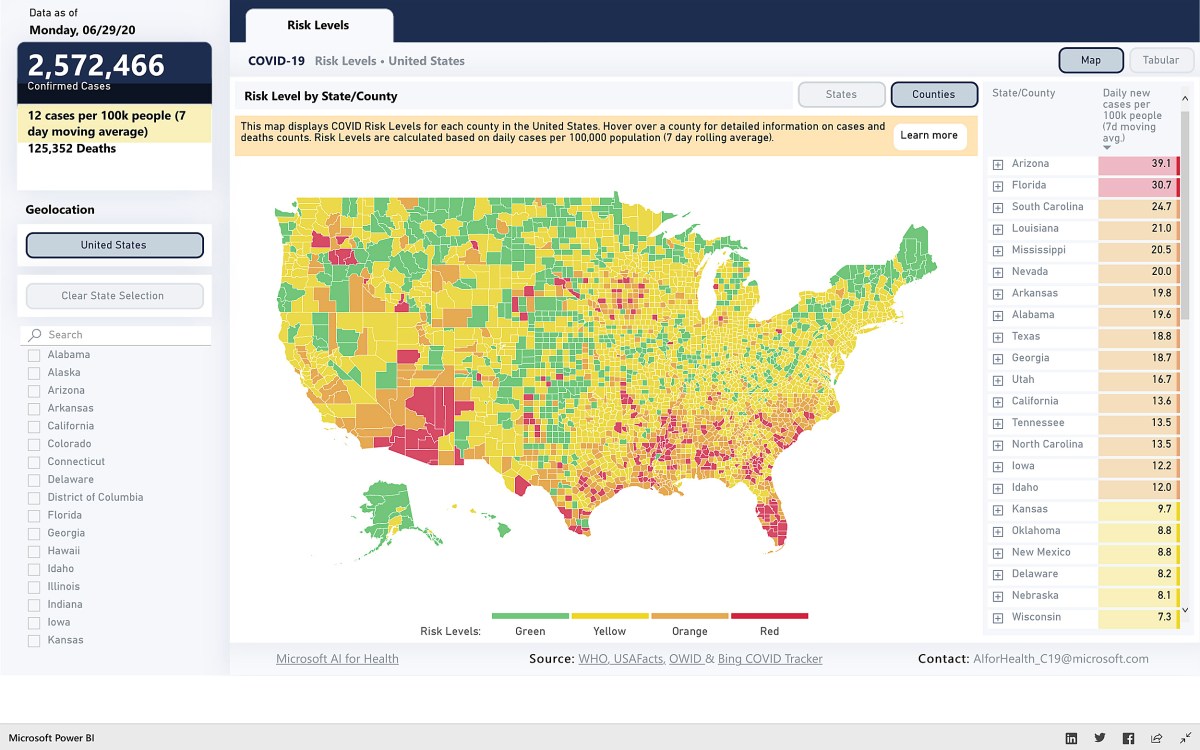Recognition for some risky research
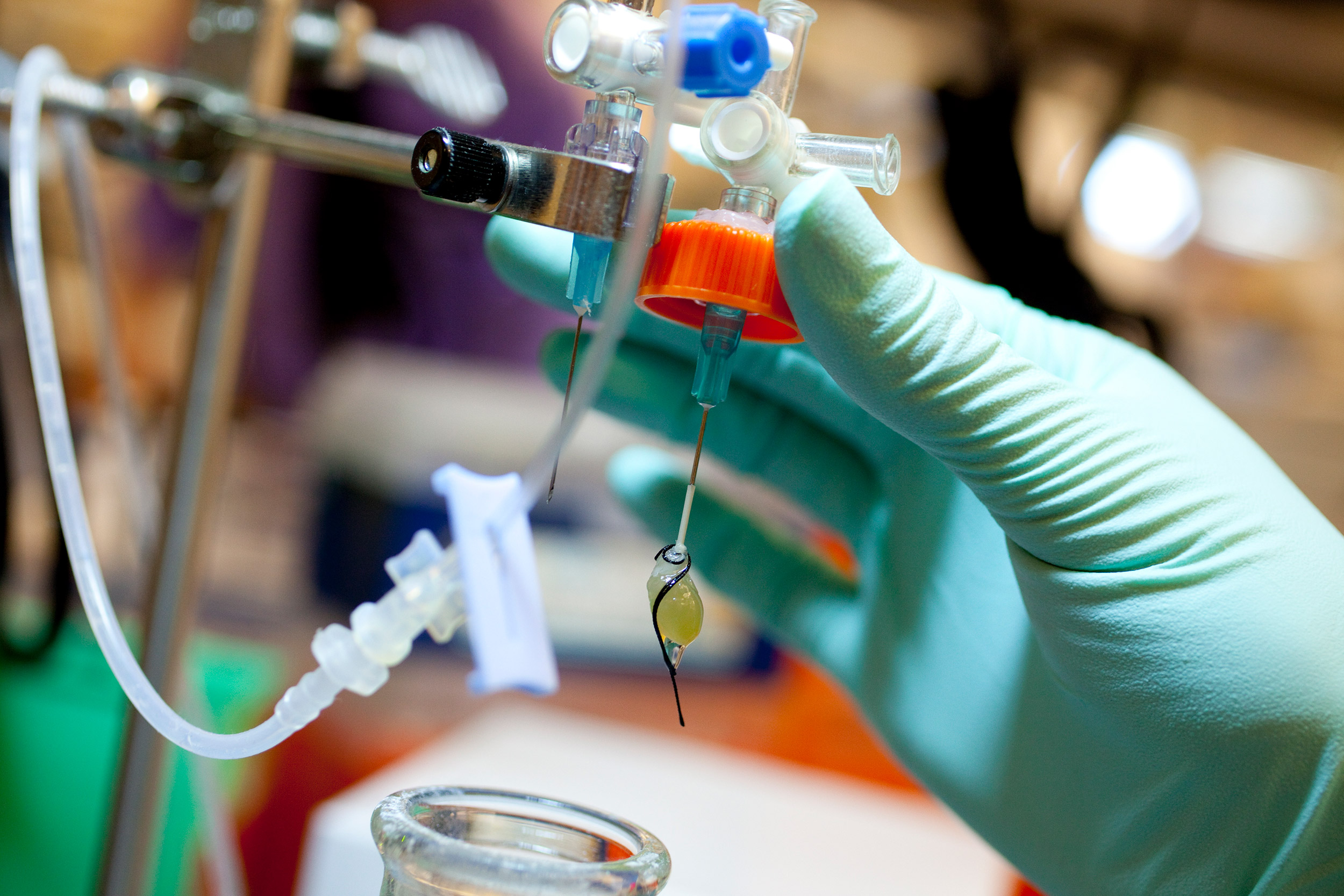
Rose Lincoln/Harvard file photo
Star-Friedman Challenge for Promising Scientific Research awards seven cutting-edge projects
In this moment of great global uncertainty, the Star-Friedman Challenge for Promising Scientific Research is helping Harvard researchers rise to the challenge. Funds from the Challenge are enabling their continued creative scientific pursuits, and their efforts to question our current understanding of the world.
The Challenge recognizes high-risk, high-impact research in the life, physical, and social sciences and targets ambitious projects that might not receive traditional grants. This year, a record seven research projects were awarded seed funding. The winners include Harvard researchers William Allen, Danielle Braun, Nicholas Carson, George Church, Francesca Dominici, Michelle Holmes, Jerry Mitrovica, Rachel Nethery, Natesh Pillai, Todd Reid, Benton Taylor, David Williams, Suyang Xu, Antonella Zanobetti, and Xiaowei Zhuang.
“Each awarded individual or team proposed such unique, creative, diverse, and important ideas,” said Catherine Dulac, Higgins Professor of Molecular and Cellular Biology, Lee and Ezpeleta Professor of Arts and Sciences, Howard Hughes Medical Institute Investigator, and chairman of the faculty review committee awarding this year’s winners. “I am so happy to be able to foster these amazing faculty initiatives, encourage this phenomenal research, and let these faculty members know that the University supports them and their efforts.”
Francesca Dominici and her team hope their project will inform public health action during and after the pandemic, as they reveal the most vulnerable populations affected by air pollution.
Kris Snibbe/Harvard file photo
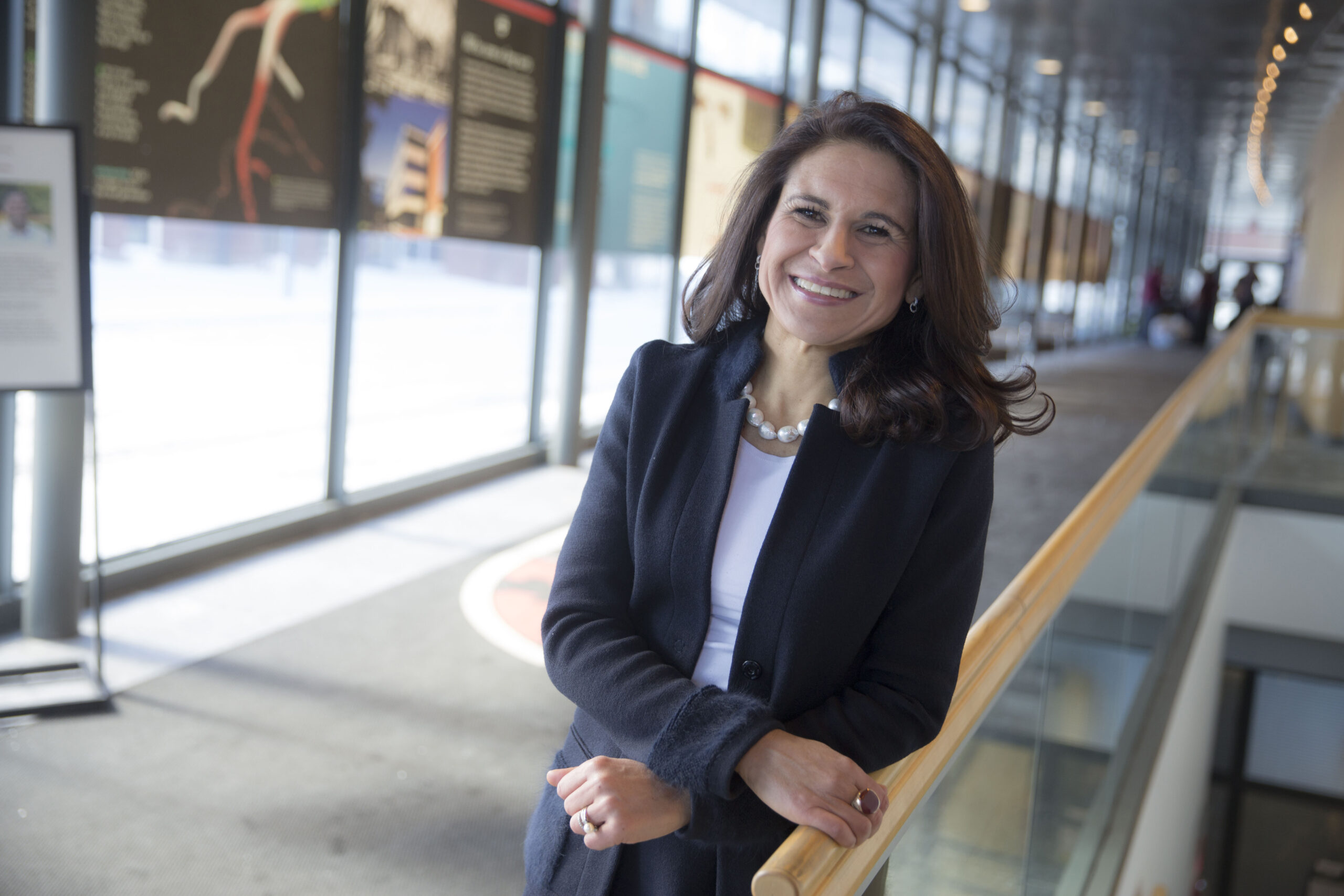
Many of the researchers noted that the COVID-19 pandemic makes high-risk, high-impact projects even more vital.
“The pandemic, at some level, emphasizes the importance of risky research,” said Xu, assistant professor of chemistry. “Many of the awarded researchers are working directly on issues of the pandemic, and though I am not researching COVID-19 directly, my research is pushing the frontiers of technology. All of this work, directly or indirectly related, will improve human life and help us tackle uncertainty and risk in the future.”
“We are currently facing crises of a pandemic, climate change, and social justice, and our proposed research will provide data science methods and evidence to make progress on all of these fronts,” said Dominici, Clarence James Gamble Professor of Biostatistics, Population, and Data Science at Harvard T.H. Chan School of Public Health. “It is wonderful to see that our work is being recognized, and we hope that our data can provide meaningful results and education opportunities for our students that inform these crises.”
The Star family established the Challenge in 2013 with a $10 million gift at the suggestion of James A. Star ’83. With the support of a $10 million gift from Josh Friedman ’76, M.B.A. ’80, J.D. ‘82, and Beth Friedman, it expanded in 2019 to include scientific researchers across the wider University community.
This year, the funds were awarded to researchers from the Faculty of Arts and Sciences (FAS), Harvard Medical School (HMS), and the Harvard T.H. Chan School of Public Health (HSPH).
George Church is developing diagnostic tests for COVID-19 that will use small protein sensors to give instantaneous test results and provide therapeutic effects.
Stephanie Mitchell/Harvard file photo
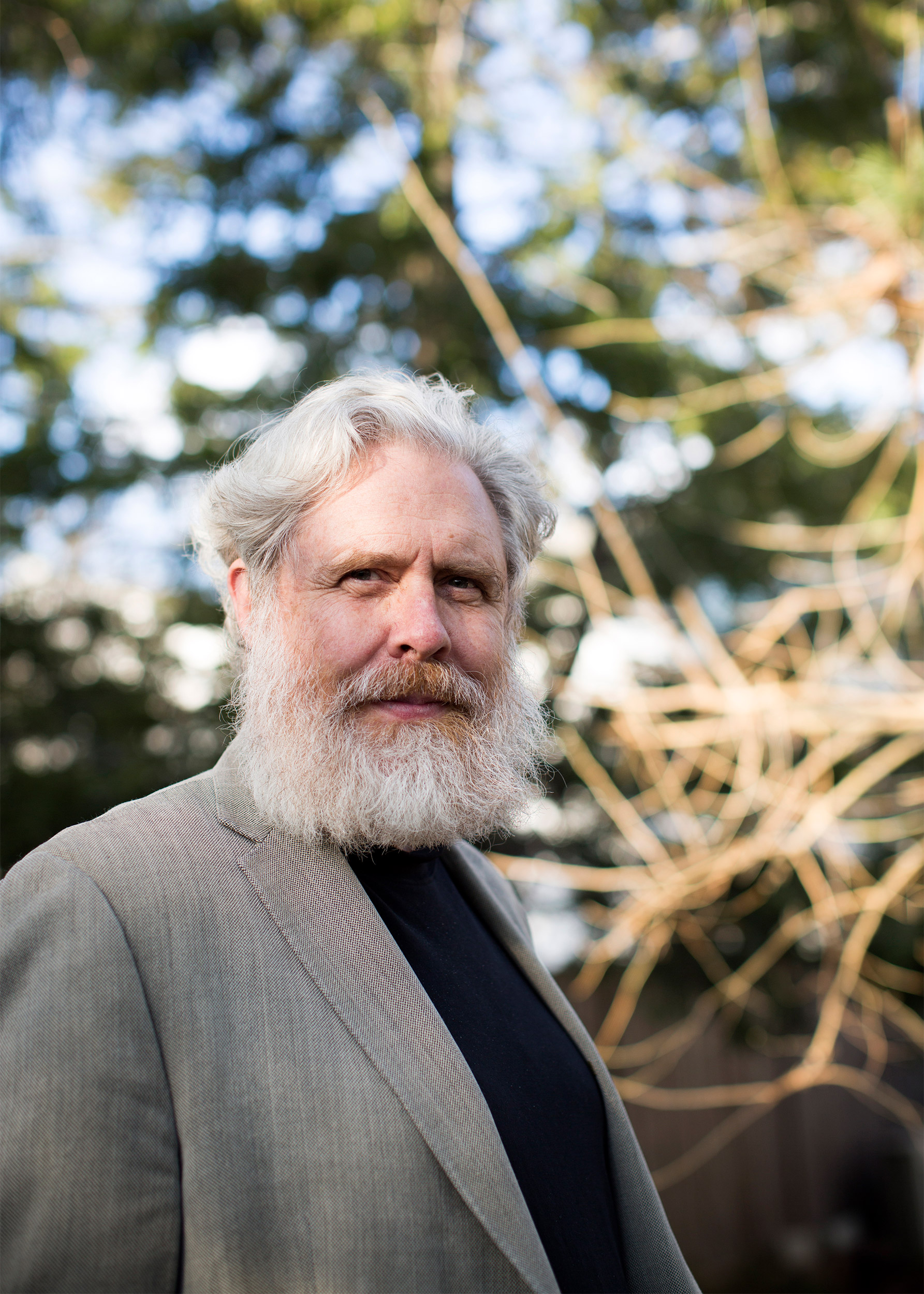
Church, the Robert Winthrop Professor of Genetics at HMS, is developing diagnostic tests for COVID-19 that will use small protein sensors to give instantaneous test results and provide therapeutic effects. Church’s work could help create faster and more reliable tests for COVID-19, as well as tests for other public health threats in the future.
Dominici; Nethery, assistant professor of biostatistics (HSPH); Braun, research scientist in biostatistics (HSPH); Zanobetti, principal research scientist in environment health (HSPH); and Pillai, associate professor of statistics (FAS) are studying the connections between exposure to air pollution, income, race and ethnicity, and COVID-19 mortality and hospitalization outcomes. Dominici and her team hope their work will inform public health action during and after the pandemic, as they reveal the most vulnerable populations affected by air pollution.
Jerry Mitrovica’s project seeks to estimate ongoing changes in the Antarctic and Greenland ice sheets.
Kris Snibbe/Harvard file photo
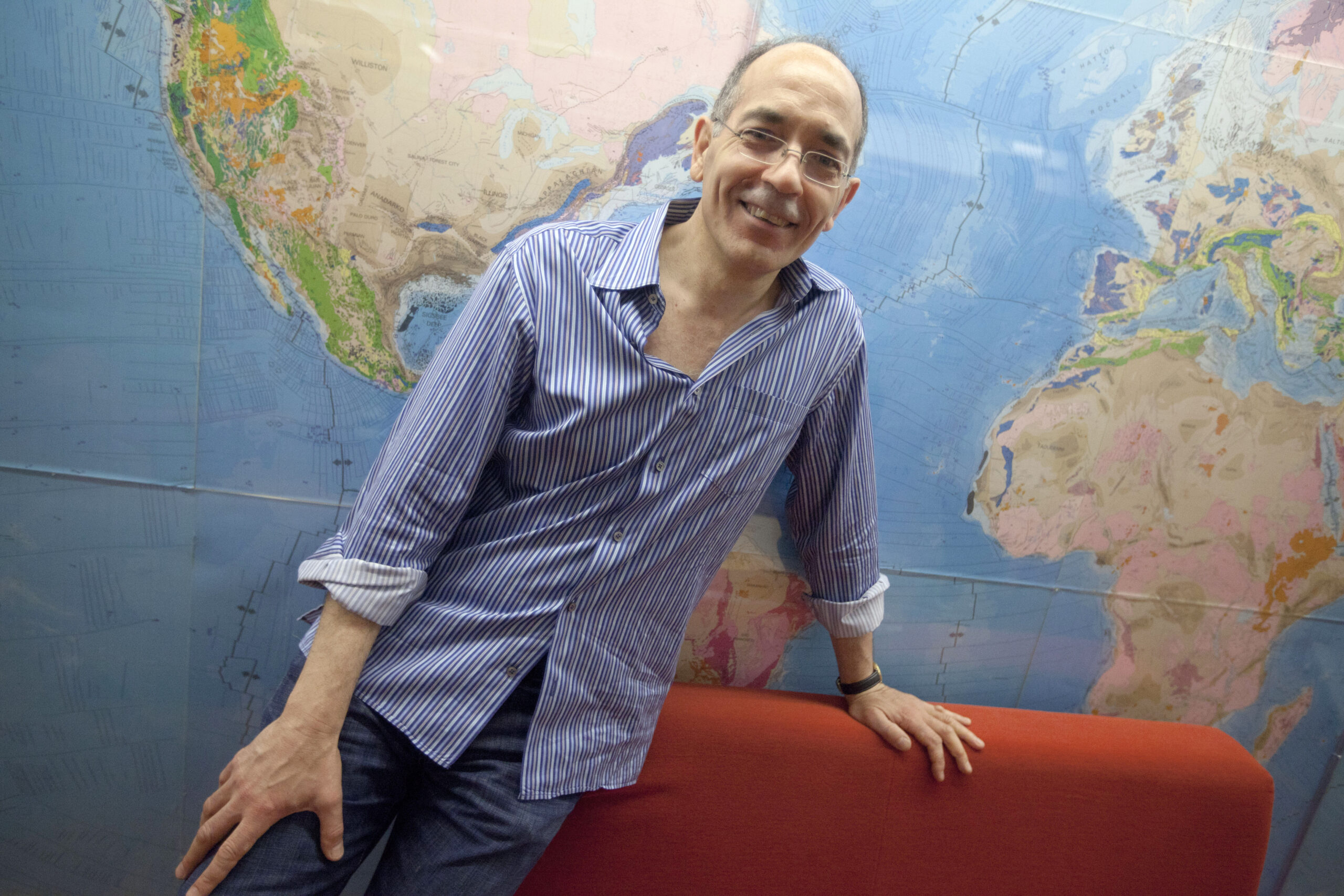
Mitrovica, the Frank B. Baird Jr. Professor of Science (FAS), plans to address the growing concerns arising from the polar ice sheet melting and sea level changes. By using sea level and gravity measurements to identify individual sources of melting, Mitrovica expects to estimate ongoing changes in the Antarctic and Greenland ice sheets and inform societal responses to this climate crisis.
Taylor is also examining the effects of climate change. The assistant professor of organismic and evolutionary biology (FAS) is mapping concentrations of carbon dioxide in tropical forests that surround volcanic vents in Costa Rica. Taylor will use these sites, which are naturally elevated in carbon dioxide levels, to analyze tropical forest response to carbon dioxide conditions and understand how these forests may impact future effects on the climate.
David Williams and his team are studying the mental health of teenagers and those around them during the coronavirus pandemic.
Kris Snibbe/Harvard file photo
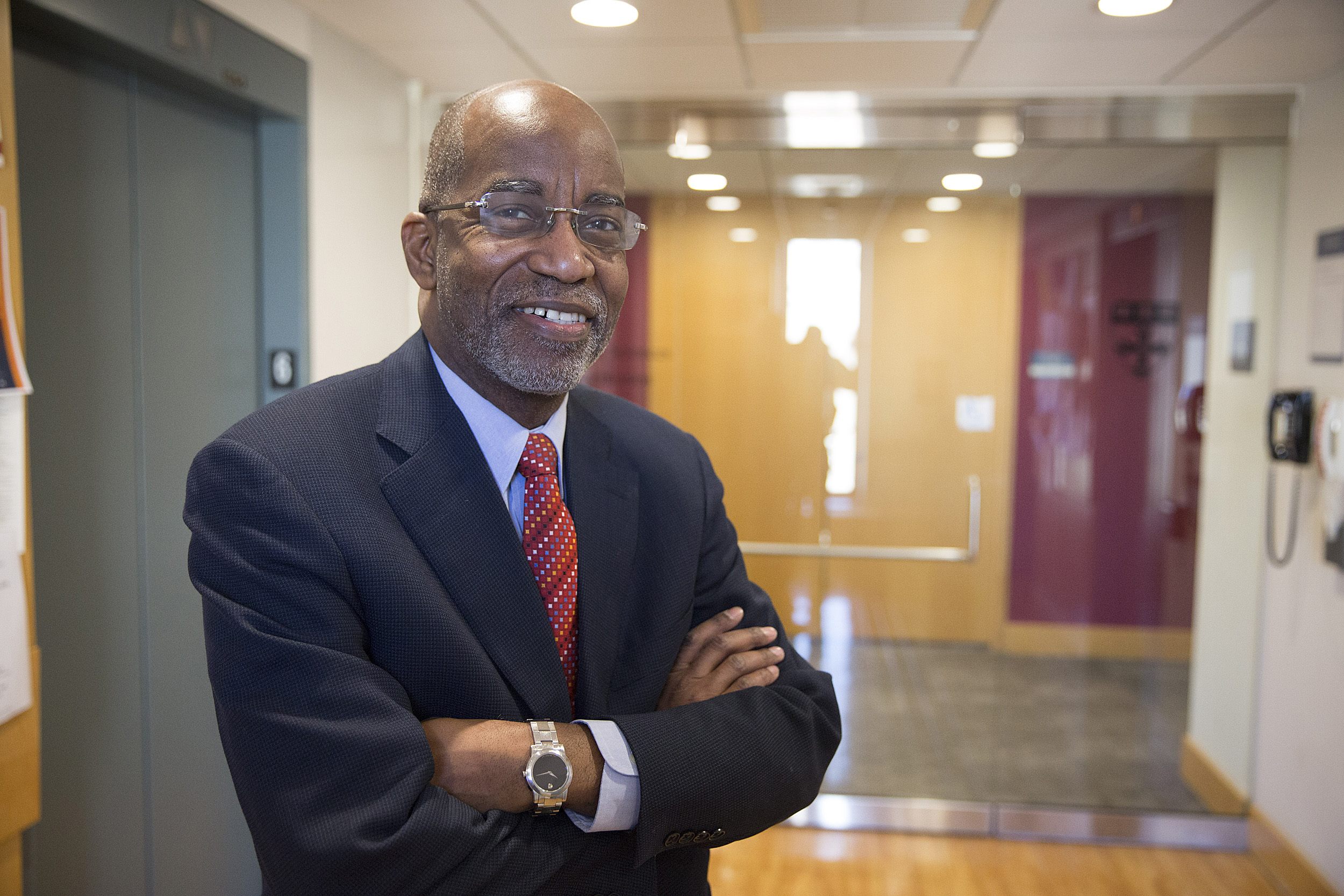
Williams, the Florence Sprague Norman and Laura Smart Norman Professor of Public Health (HSPH); Holmes, associate professor of epidemiology (HSPH) and associate professor of medicine (HMS); Reid, research associate of social and behavioral sciences (HSPH) and research scientist at the MIT Media Lab; and Carson, assistant professor of psychiatry (HMS), are studying the mental status of adolescents and their communities during the COVID-19 pandemic. Through an in-house smartphone application and other sources of information, the researchers will determine if levels of inequality are associated with higher rates of COVID-19, as well as higher rates of adolescent anxiety, suicidal behaviors, and depression.
Xu is addressing heat generation during information processing. By identifying new materials that create a sort of “highway system” through which to move electrons.
Xiaowei Zhuang’s project takes an interdisciplinary approach to studying diseases associated with aging.
Kris Snibbe/Harvard file photo
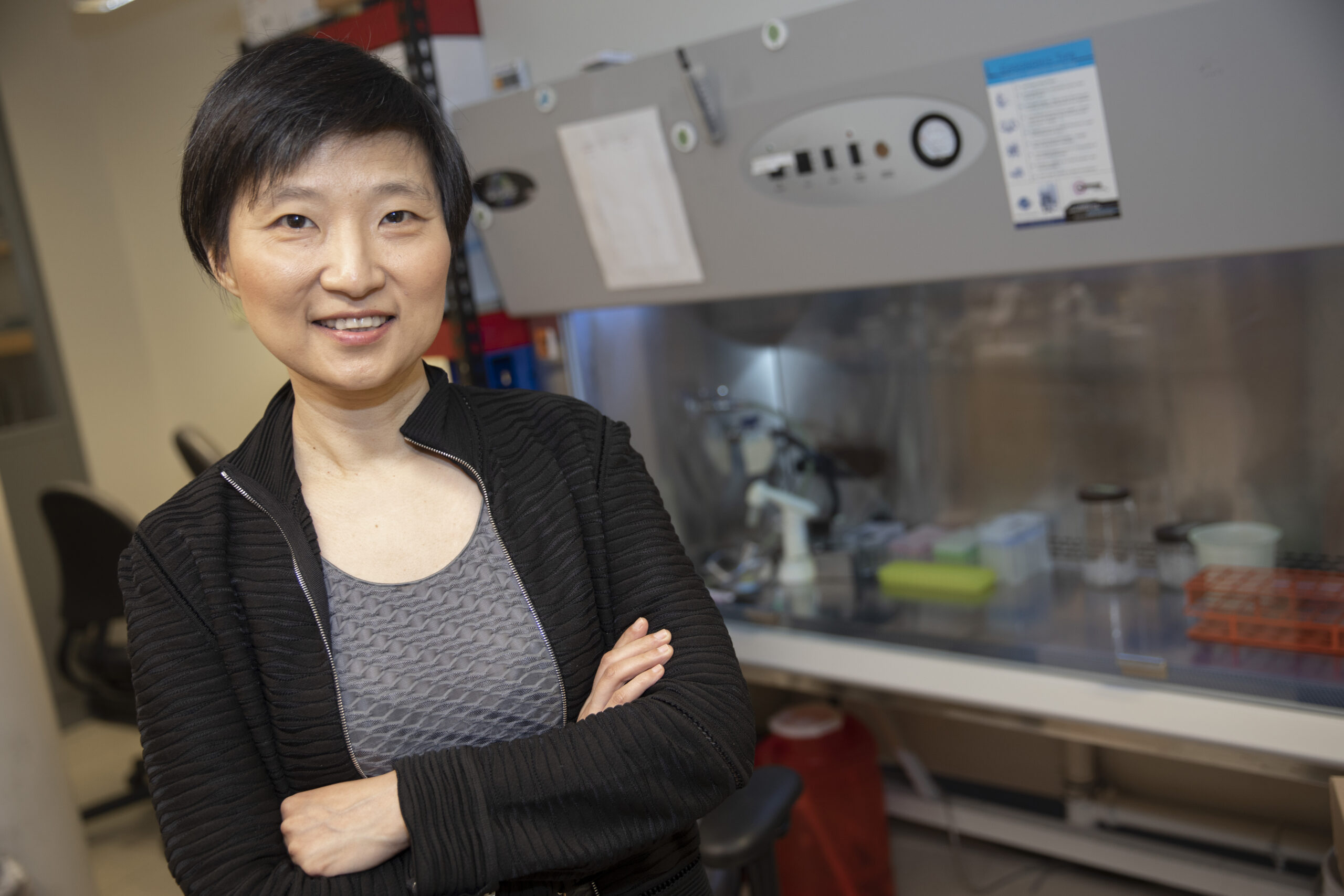
Zhuang, the David B. Arnold Jr. Professor of Science (FAS), and Allen, junior fellow of the Harvard Society of Fellows, are taking an interdisciplinary approach to studying diseases associated with aging. By examining the mouse brain, Zhuang and Allen hope to understand, for the first time, how genes work together to maintain the integrity of brain cells that control aging and slow functional decline.
The awarded faculty will be celebrated in a virtual ceremony on Friday.


